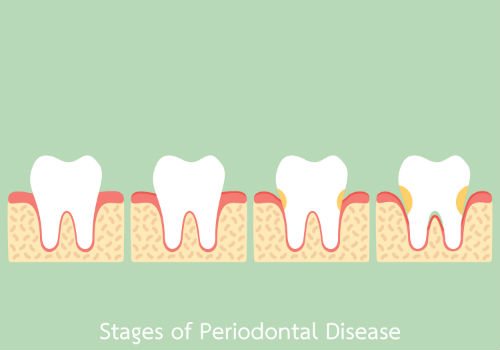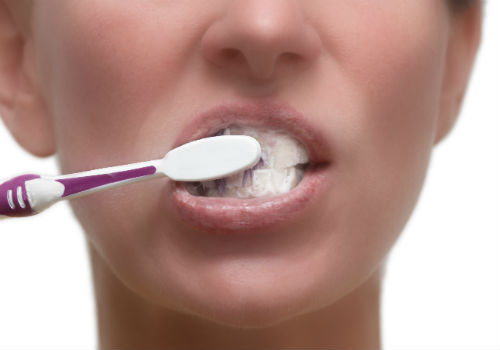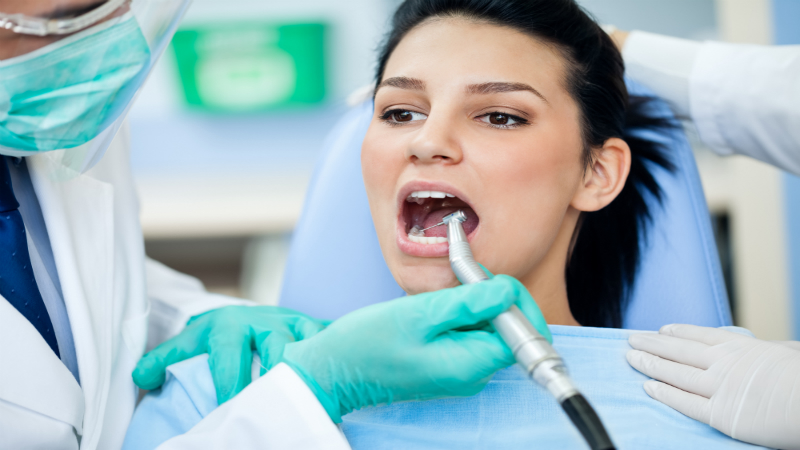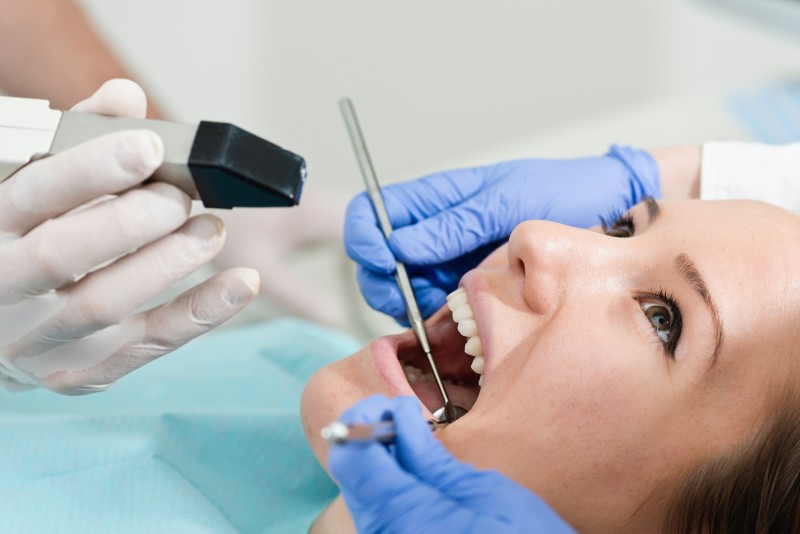Periodontal diseases are infections and diseases that affect our teeth and gums. The disease affects millions of people around the world every year and is the leading cause of tooth loss. This is despite being one of the easiest to prevent afflictions to the body.
Interestingly, the infection itself is not what causes the symptoms, rather our immune system’s response to the infection that causes the familiar bleeding gums and loose teeth. To maintain peak oral hygiene, it is essential to understand what periodontal diseases are as well as periodontal disease treatment and prevention.
How does it affect the body?
Periodontal disease starts with a bacterial infection in the mouth, usually around the place where the teeth and gums meet. With every day eating and drinking, a clear sticky substance called plaque builds up on your teeth and gums. Without regular brushing and flossing habits, the plaque hardens and forms tartar.
This becomes a breeding ground for bacteria and provides them with a safe haven to multiply and infect the gums. At this point, the immune system starts to respond, and symptoms such as discolored and bleeding gums start to appear. If still left untreated, the infection can lead to loosening teeth, with the teeth eventually falling out.

Why does it happen?
Periodontal disease has many causes, and the severity of the ailment depends on a multitude of factors.
- Oral hygiene
People who brush and floss every day and visit a dentist regularly have a very low chance of having any periodontal problems.
- Specific bacterial plaque infecting the gums
Different strains of bacteria have different strengths and some impact our bodies more than others.
- Efficiency of the individual’s immune system
People with compromised immune systems, such as those suffering from HIV, leukemia, diabetes or Down syndrome, are at a greater risk to periodontal disease.
- Likelihood of periodontal disease is daily routines
Your diet, stress levels, and smoking habits can make you susceptible to periodontal disease.

Periodontal disease treatment
The type of treatment given for periodontal diseases depends largely on the individual and when they are diagnosed. If discovered in the early stages of infection, a thorough dental cleaning done by a periodontal disease treatment professional can be enough to eradicate the disease. If caught later with more severe symptoms, your dentist may recommend you to a periodontist, a specialist who has gone through more years of training specifically in dealing with periodontal problems.
Preventing periodontal diseases
The best form of treatment, especially when it comes to periodontal disease treatment in Birmingham, MI, is prevention. The age-old adage of brushing your teeth twice a day and flossing at least once holds true. Keeping your teeth clean and free of plaque is the only way to ensure your gums and teeth stay healthy and functional.


